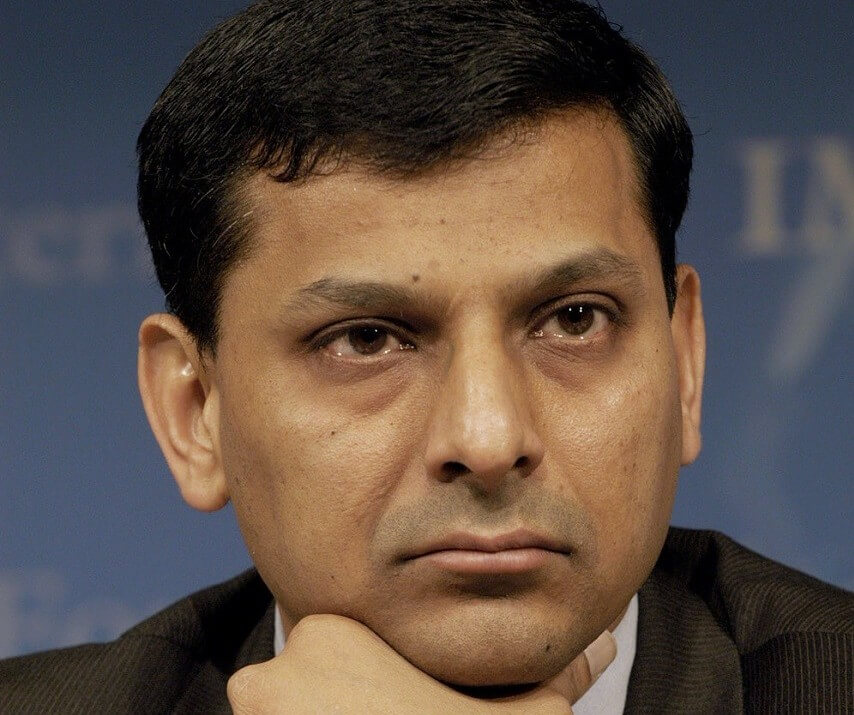RBI Governor Wants Developers to Cut Prices. Why They May Not

Real estate developers have always been urging the Reserve Bank of India (RBI) to cut interest rates. The RBI did not slash the repo rate (repurchase rate at which it lends to commercial banks) since May 2013 for very long. But it cut the repo rate by 75 basis points from eight per cent to 7.25 per cent from January 2015 onward. In its monetary policy reviews in January, March and June, the banking regulator cut the repo rate by 25 basis points each.
Even though large mortgage lenders were initially hesitant to slash interest rates, they did when RBI Governor Raghuram Rajan urged them to pass on the benefits to borrowers. Now, Rajan is urging real estate developers to cut prices.
The underlying logic is simple. Unsold inventory has been piling up in large Indian cities. If the residential property market is not clearing, there could be two factors that prevent this from happening:
1) The cost of residential real estate is high.
2) The cost of borrowing is high.
Now, as commercial banks have slashed interest rates, the cost of borrowing is declining, though it is still reasonably high. However, real estate developers have not really slashed prices, despite a rise in unsold stock. The RBI Governor thinks that unsold stock would fall, if real estate prices reflect market fundamentals. In other words, when prices fall, potential home buyers would be far more willing to buy.
But, Rajan did not put this quite strongly. “I think, we need the market to clear. With growing unsold stock, we need to see the ways to do it. Some of it might be by making loans easier, but we also don't want to create a situation where prices stay high at the level which means demand can't pick up. Once there is a sense that prices have stabilised, more people will be willing to buy. I don't know what the level is, and if it is across the country. It is not clear that in some parts of the country, there is excess stock,” The Financial Express quoted Rajan as saying.
What could be the truth of the matter?
- Home buyers are delaying their purchase because they expect real estate developers to lower prices. This might be especially true at this point in time, because developers are likely to do so in the festival season in October.
 Infographic by Sandeep Bhatnagar
Infographic by Sandeep Bhatnagar
Even though unsold inventory is high in large Indian cities, according to PropTiger Data Labs report for the first quarter of the current financial year, ready-to-move-in inventory is much lower in real estate investment hotspots. In Mumbai and Navi Mumbai, for instance, ready-to-move-in unsold inventory is merely four per cent of the total unsold stock. In Thane, it is three per cent. In Sohna, Bhiwadi and Gurgaon, it is 0, one and one per cent, respectively. But, in smaller cities like Ahmedabad, ready-to-move-in unsold inventory is 15 per cent of the unsold stock. So, it is not clear that developers find it too hard to sell off ready-to-move-in homes.
- Many projects are being delayed because various government agencies do not give approval to builders on time. Moreover, various government Bills and proposals like the Land Acquisition Bill and the Real Estate Regulatory Bill are waiting to be passed. For instance, the Mumbai Draft Development Plan 2034 is being revised, and this has led to transactions in Mumbai's real estate coming to a standstill. So, in many cases, home buyers are not willing to buy under-construction properties.
- Developers are not willing to undertake many projects either. Much of the decline in sales, as the PropTiger Data Labs Q1 report points out, can be attributed to a decline in new launches. Across the world, when unsold inventory is being absorbed by newly formed households in a rapidly urbanising country, the number of unit launches rise.
- Home buyers are waiting for interest rates to fall and the economy to improve. As developers expect demand to rise, they are not slashing prices till this happens.
- Typically, real estate developers across the world do not slash prices when demand for residential property declines. They tend to wait for demand to rise. Real estate developers are far less likely than home owners to cut prices when demand is weak. This is a striking fact, because individual sellers are more likely to be emotionally attached to the price they have set for their homes. A reason, is that home buyers are less likely to see it as an investment, if they notice that prices are going down. But, real estate developers offer freebies and discounts. Buyers should negotiate with developers to structure a better deal.
- Monetary policy transmission in India is weak. When the RBI slashes interest rates, for the cost of borrowing to decline, it generally takes longer than it does in a developing country such as India. Demand for residential property might rise when the policy rate pass through to lending rates happen.